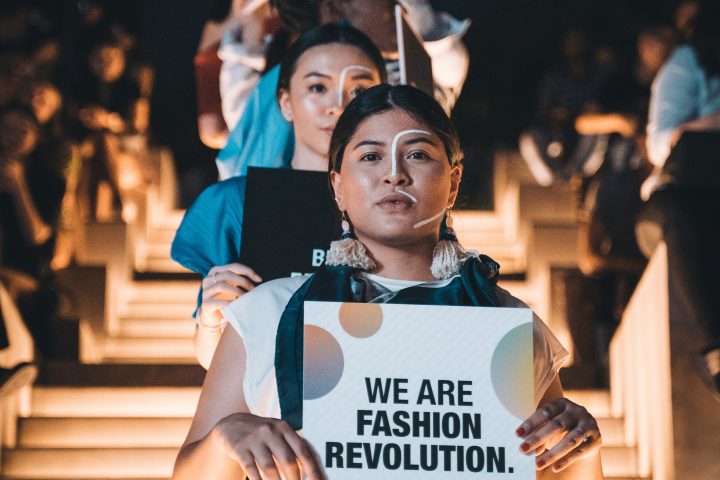Key Takeaways:
White washing is a term that originated in the context of racial and cultural identity, referring to the process of erasing or downplaying the experiences and contributions of people of color. It can also be used more broadly to describe the act of sanitizing or glossing over uncomfortable or controversial aspects of history or culture. Understanding the meaning and implications of white washing is crucial in promoting inclusivity and acknowledging the diverse perspectives and experiences of marginalized communities.
What Does White Washed Mean?
White washing is a term that has gained prominence in recent years, particularly in discussions surrounding race, culture, and representation. At its core, white washing refers to the act of erasing or downplaying the experiences, contributions, and identities of people of color. It is a phenomenon that occurs in various contexts, from the media and entertainment industry to historical narratives and cultural appropriation.
In the context of racial and cultural identity, white washing often manifests as the portrayal of characters or stories that should be representative of marginalized communities, but are instead portrayed by white actors or presented from a white perspective. This erasure of diverse voices and experiences perpetuates a narrative that centers whiteness and reinforces existing power dynamics.
White washing can also extend beyond race and ethnicity to encompass other aspects of identity, such as gender, sexuality, and disability. It is a broader concept that encompasses the act of sanitizing or glossing over uncomfortable or controversial aspects of history or culture. This can include the omission of important historical events, the distortion of facts, or the promotion of a single dominant narrative.
The Historical Context of White Washing
The term “white washing” has its roots in the history of colonialism and imperialism. During the era of European colonization, the dominant powers sought to impose their own cultural, social, and political values on the colonized territories. This often involved erasing or suppressing the indigenous cultures and traditions of the colonized peoples, replacing them with European norms and standards.
White washing was a tool used to justify and legitimize the colonization process. By erasing or downplaying the existing cultures and histories of the colonized peoples, the colonizers could assert their own superiority and claim a moral and intellectual authority over the colonized territories. This process of cultural erasure and assimilation was deeply damaging to the identities and self-esteem of the colonized peoples, and its effects continue to be felt today.
White Washing in the Media and Entertainment Industry
One of the most visible and controversial manifestations of white washing is in the media and entertainment industry. Hollywood, in particular, has been criticized for its long history of casting white actors in roles that should have been played by people of color. This practice not only perpetuates racial stereotypes and reinforces existing power imbalances, but also denies opportunities for actors from marginalized communities to tell their own stories.
Examples of white washing in the media include the casting of white actors in roles that were originally written as characters of color, such as the controversial casting of Emma Stone as a character of Hawaiian and Chinese descent in the film “Aloha.” Similarly, the casting of Scarlett Johansson as the lead in the live-action adaptation of the Japanese manga “Ghost in the Shell” drew widespread criticism for its erasure of Asian representation.
White washing also extends to the portrayal of historical figures and events. In many historical films and TV shows, the experiences and contributions of people of color are often downplayed or omitted entirely, reinforcing a narrative that centers white perspectives and erases the diverse voices that shaped history.
White Washing and Cultural Appropriation
White washing is closely linked to the concept of cultural appropriation, which refers to the adoption or imitation of elements from another culture without understanding or respecting its historical and cultural significance. Cultural appropriation often involves the commodification and commercialization of cultural practices, artifacts, and symbols, often by dominant cultures at the expense of marginalized communities.
White washing can occur when cultural practices or symbols are divorced from their original context and meaning, and are instead presented in a sanitized or distorted form that is more palatable to a mainstream audience. This can lead to the erasure of the cultural origins and significance of these practices, perpetuating stereotypes and reinforcing power imbalances.
Conclusion
Understanding the meaning and implications of white washing is crucial in promoting inclusivity and acknowledging the diverse perspectives and experiences of marginalized communities. By recognizing and challenging white washing in its various forms, we can work towards a more equitable and inclusive society that values and respects the contributions and identities of all individuals, regardless of their race, ethnicity, or cultural background.









